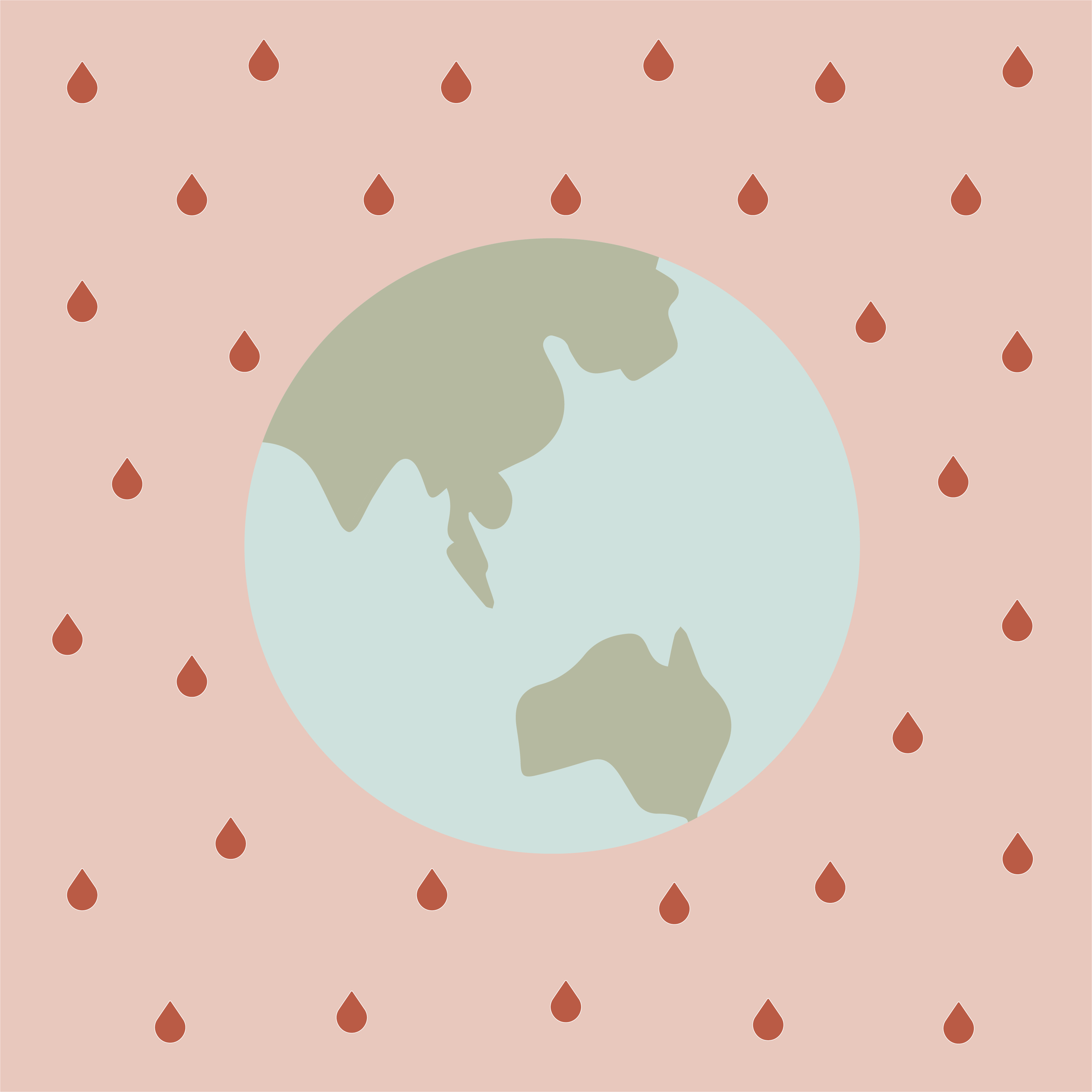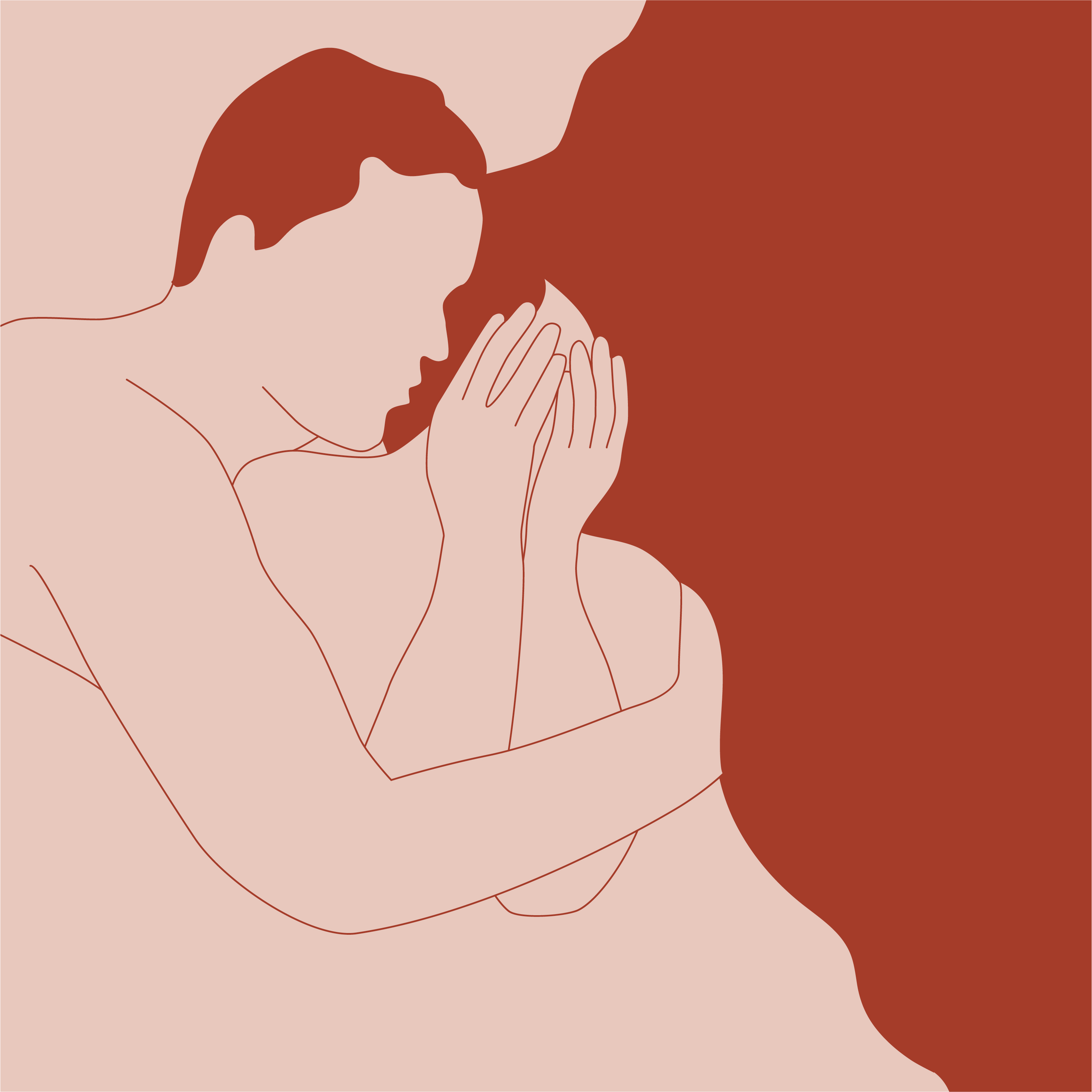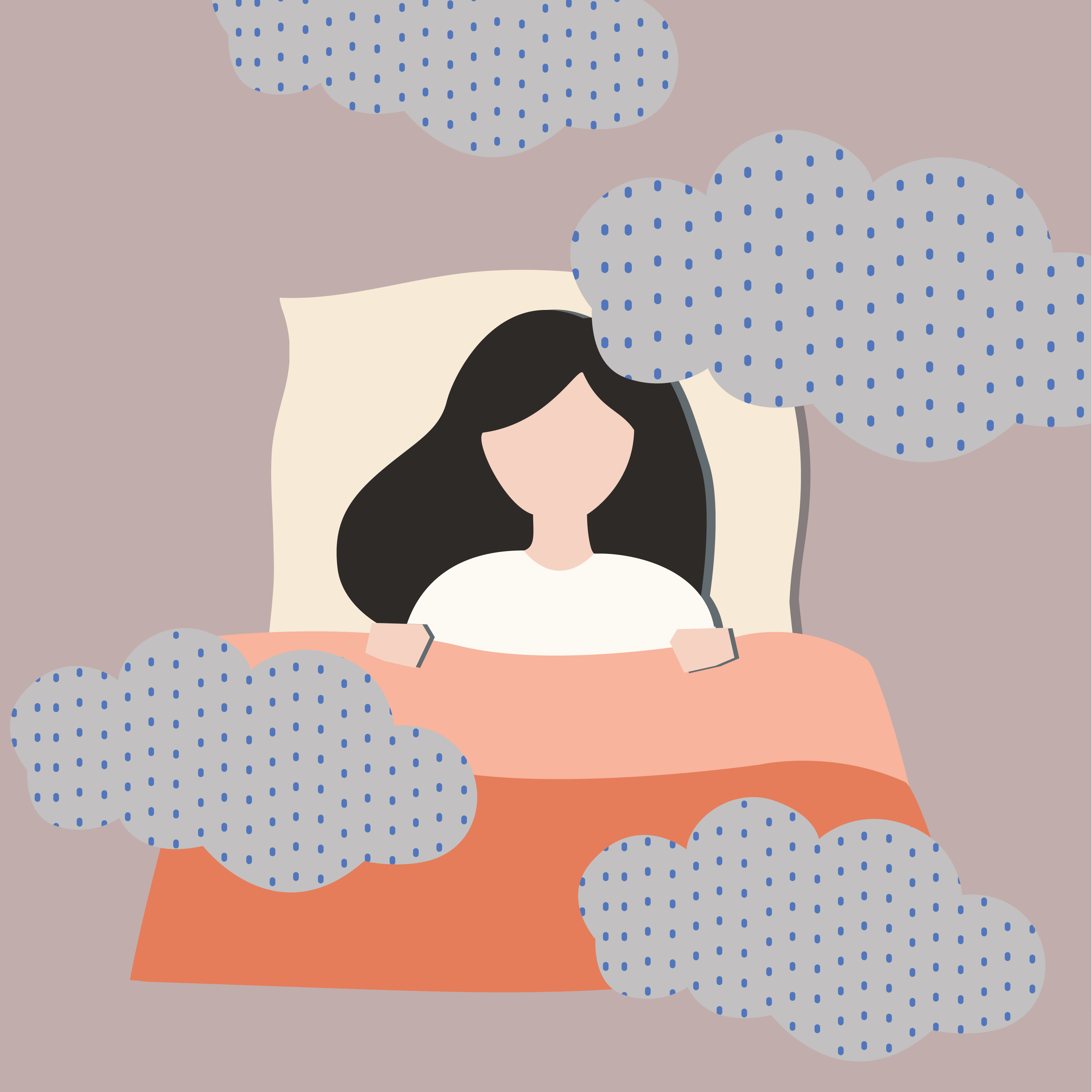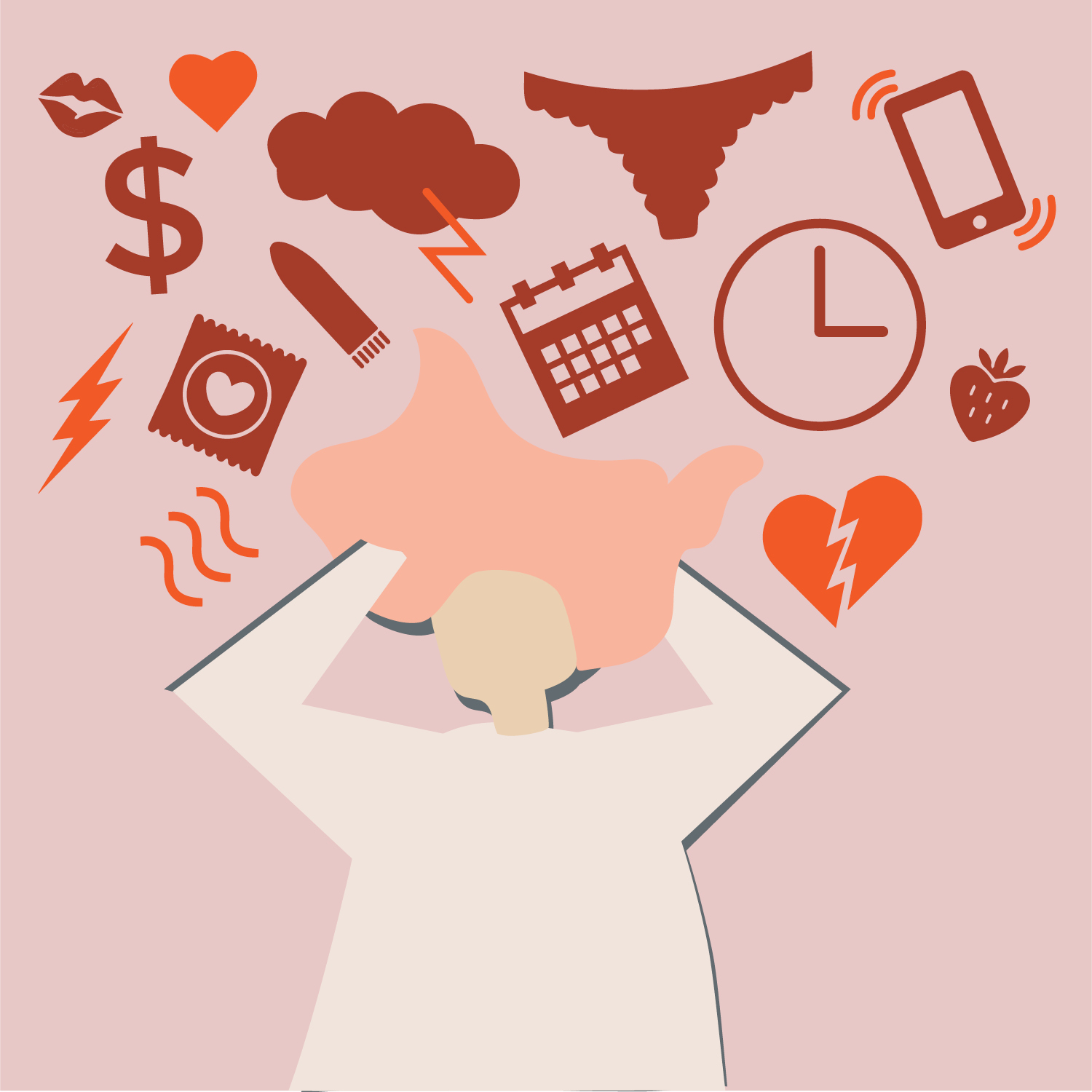Mar 11, 2021
DO I HAVE ENDOMETRIOSIS?
Endometriosis affects 1 in 9 Australian women and 176 million women globally, however this common disease – which can cause severe pain and fertility issues – often goes undiagnosed for many years. As part of Endometriosis Awareness Month, we spoke to integrative Chinese medicine practitioner Dr Amanda Waaldyk of Angea Women’s Health Clinic about the first signs of endometriosis, how to tell the difference between endometriosis and period pain, and what to do if you’re experiencing endometriosis symptoms.
WHAT IS ENDOMETRIOSIS?
Endometriosis (endo) is a condition whereby the cells similar to the endometrium, grow outside the uterine cavity. They can be found on a woman’s ovaries, bladder, fallopian tubes, pouch of Douglas, uterosacral ligaments and other locations. Living with endo can impact both physical and mental wellbeing, with endo sufferers also potentially experiencing a significant economic burden managing their condition.
WHAT ARE THE COMMON SYMPTOMS OF ENDOMETRIOSIS?
The primary symptoms of this progressive disease are pain and fertility issues. The pain can be chronic, or can bring excruciating pain and emotional distress during menstruation or sexual intercourse. Endo sufferers will also experience symptoms associated with periods such as headaches, dizziness, nausea, stomach upsets and heavy bleeding. Other endometriosis symptoms include premenstrual spotting, heavy menstrual bleeding, flooding, clots, nausea, vomiting and severe painful menstrual cramps.
DO I HAVE ENDOMETRIOSIS? HOW DO I TELL THE DIFFERENCE BETWEEN ENDOMETRIOSIS AND PERIOD PAIN?
Painful periods are one the most common symptoms of endometriosis in adolescence. The problem that many women face today is misdiagnosis. The average age for a woman to be diagnosed is 28 years, with the average time from the onset of symptoms to diagnosis taking around 7 years because the symptoms, especially in young women, are either masked by the contraceptive pill or dismissed as “just bad periods”.
For many women, endometriosis remains undiagnosed, misdiagnosed or undiscovered until they’re trying to have a family, as it can affect fertility. Knowing what is normal and not normal in your menstrual cycle is key. It is NOT normal to experience period pain to the point where you need to take time off work or school, or pain that stops you in your tracks, makes you vomit, feels like your insides are been ripped apart, or pain in your rectum. Flooding though a super tampon is not normal. Clotting, very heavy periods, and menstrual blood that is purple, black and crimson in colour is NOT normal.
HOW IS ENDOMETRIOSIS DIAGNOSED?
Endometriosis can only be definitively diagnosed via laparoscopic surgery. For women to get an early diagnosis, we need to change the language around menstrual cycles, the taboo of periods, and start a conversation among our community of women that painful periods are not normal. This also needs to be spread throughout the medical education system, particularly with GPs. If we can change the conversation around menstrual cycles, we are going to start to see a lot more women being diagnosed at a younger age.
WHAT SHOULD I DO IF I THINK I HAVE ENDOMETRIOSIS?
Firstly, it is important to look at your mother’s and your grandmother’s history, as well as that of your paternal side, to see what their menstrual history was. Did they need to have a hysterectomy early? Did they experience heavy or painful periods? Did they have repeated miscarriages? Secondly, if you’re experiencing heavy or painful periods than require taking days off school or work, it is definitely worth investigating.
A normal pelvic ultrasound, unless the endometriosis is really severe, will not show the disease. It is key to seek out a health practitioner that specialises in endometriosis, and to make sure you do your research when it comes to your surgeon – find someone who is dedicated to the excision of endometriosis. Women with endometriosis need to take a holistic approach to support their journey, whether this is with kinesiology, chiropractic, osteopathy, energy healing, acupuncture, Chinese medicine, or doing the DUTCH test. Find what works for you.
Dr. Amanda Waaldyk is the Founder of Angea Women’s Health Clinic in Melbourne, an integrative acupuncture clinic specialising in supporting women through fertility, pregnancy and beyond. You can learn more about Angea by visiting their website, or following the clinic on Instagram.
Blogs

Jun 08, 2022
EXPLORING PERIOD CARE IN CULTURES AROUND THE WORLD
Our TOM Talks panelist Sabina McKenna explores how different cultures around the world approach period care.
Read More
Jun 08, 2022
STOP APOLOGISING FOR HAVING YOUR PERIOD
Our TOM Talks panelist Mel Mason talks about the importance of not apologising for having your period.
Read More
Jun 07, 2022
STRESSED? NOT SLEEPING? TRYING TO CONCEIVE?
TOM Talk's panelist Georgia Hartmann discussed the links between stress, sleep and fertility.
Read More
Jun 07, 2022
STRESS AND HOW IT AFFECTS YOUR SEX DRIVE
Certified sex coach Georgia Grace is here to unpack the link between stress and sex.
Read MoreProducts